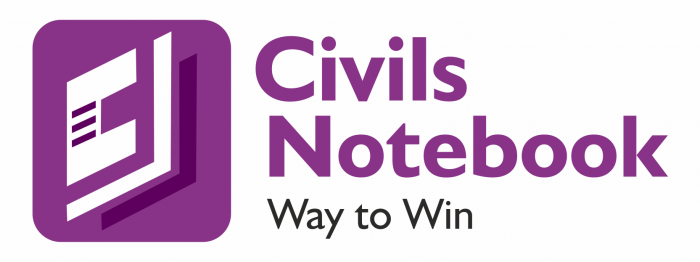1. On 21st June, the Sun
(a) Does not set below the horizon at the Arctic Circle
(b) Does not set below the horizon at Antarctic Circle
(c) Shines vertically overhead at noon on the Equator
(d) Shines vertically overhead at the Tropic of Capricorn
Solution:
Option A is correct.
2. What is the difference between asteroids and comets?
1) Asteroids are small rocky planetoids, while comets are formed of frozen gases held together by rocky and metallic material
2) Asteroids are found mostly between the orbits of Jupiter and Mars, while comets are found mostly between Venus & Mercury
3) Comets show a perceptible glowing tail, while asteroids do not
Which of the statements given above is/are correct?
(a) 1 and 2 only
(b) 1 and 3 only
(c) 3 only
(d) 1,2 and 3 only
Solution:
Option B is correct choice.
3. Which one of the following planets has largest number of natural satellites or moons?
(a) Jupiter
(b) Mars
(c) Saturn
(d) Venus
Solution: Option A is the correct choice.
4. In order of their distances from the Sun, which of the following planets lie between Mars & Uranus?
(a) Earth and Jupiter
(b) Jupiter and Saturn
(c) Saturn and Earth
(d) Saturn and Neptune
Solution: Option B is the correct choice
5. What is the average distance (approximate) between the Sun & the
Earth?
(a) 70 x 105 km
(b) 100 x 105
(c) 110 x 106 km
(d) 150 x 106 km
Solution: Option D is the correct choice.


